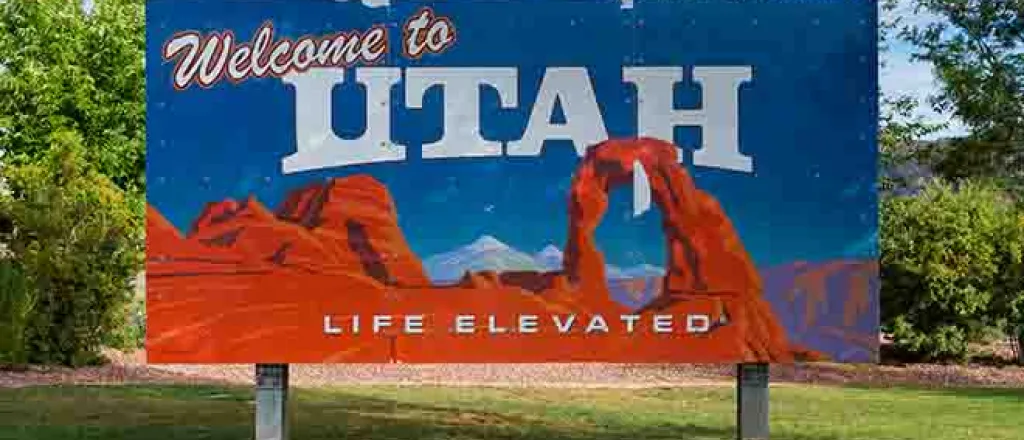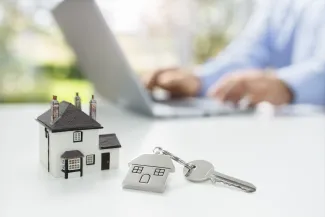
New Utah coalition aims to improve landlord-tenant relationships
Click play to listen to this article.
Keeping more renters in their homes is one goal of a new Utah initiative.
The Utah Housing Coalition has formed a Landlord and Community Partners Coalition to cultivate better relationships and more equitable solutions for issues between landlords and tenants.

A report by the Utah Housing Coalition found a 23 percent failure rate in Utah's Housing Choice voucher program, which Project Manager Zoe Newmann said underscores the need for action. Multiple bills to help renters have failed in the Utah Legislature and there is uncertainty about how federal funding for housing assistance will fare in the Trump administration's spending cuts.
Newmann pointed out they are aiming to fill gaps where they can.
"We hope that by developing this system, connecting people to services that already exist in their communities, that we can start working towards a place where potentially we have our own lease that people can kind of hop onto," Newmann explained. "Because, as we all know in Utah, the lease is law."
Newmann stressed they see the need for what she calls "more holistic leases." Creating them is a longer-term goal for the coalition, which was launched last week. About 40 partners have joined so far. Learn more online at UtahHousing.org.
Data show housing affordability and availability are top issues for Utahns. Newmann is hopeful the new coalition will be able to bring stakeholders to the table, leading to improved communication, trust building and addressing what she describes as "systemic housing barriers."
"Our case managers are swamped," Newmann observed. "They have 20+ people that they're trying to manage. So, once they get someone placed in housing, just with funding and the need for these services, and then you're on to the next person. So, that continuous case management, we don't necessarily have support systems' help with that."
The Utah Housing Coalition will measure the initiative's success by monitoring increased collaboration between landlords, tenants and community-based organizations. They will also look at whether the effort improves housing stability, and can streamline pathways to mediation and other services.
















